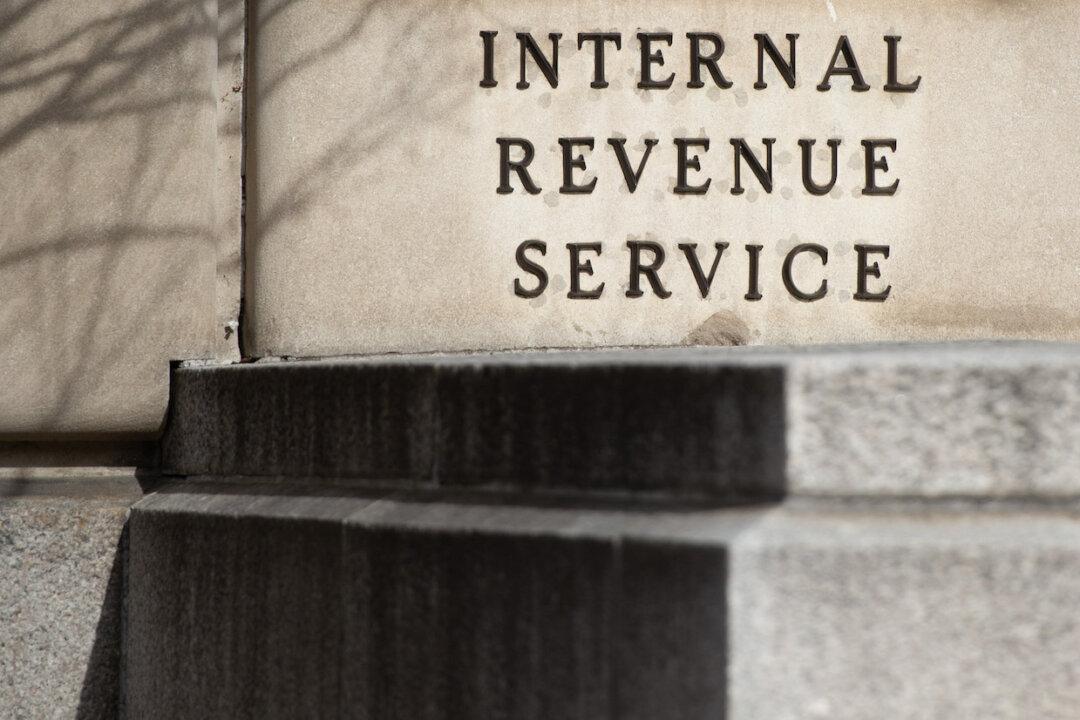The Internal Revenue Service (IRS) has issued a warning for taxpayers to be vigilant of scammers who attempt to sell or offer assistance in setting up an Online Account on IRS.gov, putting their tax and financial information at risk of identity theft.
“Scammers are coming up with new ways all the time to try to steal information from taxpayers,” IRS Commissioner Danny Werfel, said in a statement on March 22, warning that criminals will often use this information to try to steal tax refunds.





